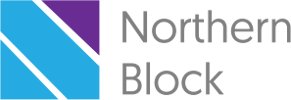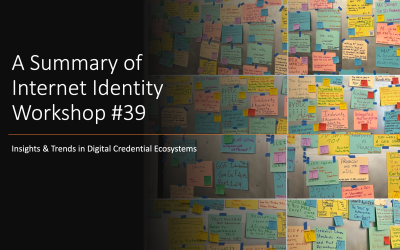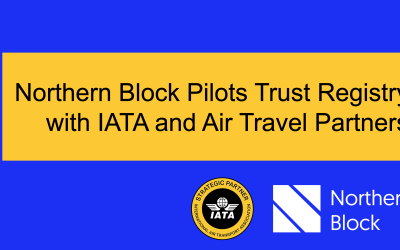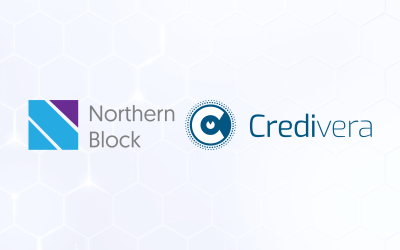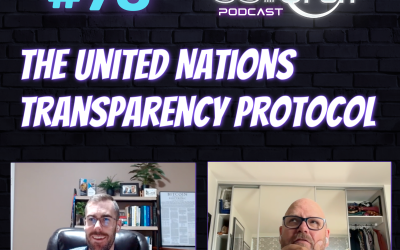We wrote An Introduction to Digital Trust in 2021 so that we could send it as a resource to people looking for a simple explainer. It’s proved helpful so far.
Since then however, the market has matured. We’ve seen a steady increase in global self-sovereign identity (SSI) projects, with many projects undertaken, and a rising amount of tenders coming out of the public sector. It’s fair to say that there has been a growing buzz around the space.
We’ve also noticed the SSI adoption conversation recently shifting away from technology and standards towards trust, which we’ve felt is a positive sign for the adoption cycle of digital trust applications, knowing that technologies, protocols and standards alone doesn’t allow for anyone to trust any type of claim, especially in the digital world.
Hence, we decided that we needed a Part 2 to that initial post on digital trust. There wasn’t enough covered in the introduction to give the full spectrum and push forward some ideas on how digital trust can be achieved on the Open Internet.
Trust is a human concept. It’s a perception. Trust is relative to risk – and every human has a different risk tolerance based on contextual elements. Some may take extra steps to “trust” someone or an activity, whereas others may take much less steps for the same. Trust also can vary depending on the value of the transaction that they are involved in. A clutch point around trust is that at some point you gain enough confidence in a context to proceed with a transaction or deepening the relationship.
When we reflected on trust, and how there can be more of it on the internet, we felt like it really comes down to having strong trust frameworks (or governance frameworks) to set the rules which we can all operate within specific contexts. In the physical world, there’s a really good way of managing governance at a really large scale today that a whole bunch of people in different countries in the world have bought into. They’re called governments.
We therefore set out to write our thoughts on how governments can inject trust into the open internet so that trust can become portable across contexts where it helps.
What we’re aiming at highlighting is that today everyone is unable to trust each other in this modern digital world due to certain steps that were skipped when the Internet was rolled out. Knowing that the open internet is a foundation to so many services that we, the citizens, consume in our daily lives, how can we avoid making the same mistakes as we continue depending on more digital interactions.
As we continue to roll out digital identity programs, we need to really understand the relationship that digital identity has with trust, and in turn look at how that affects both individual and national sovereignty. Chapters 1-3 covers these topics and goes into depth of the problem statement.
Throughout Chapters 4-6, we will look into the needed infrastructure to address the problem statement. The infrastructure needs to cover the foundational building blocks so that we have a framework for digital trust based on different levels of engagements. We will discuss how citizens can engage with others (peers) and thus monetize the infrastructure through trust, while maintaining their sovereignty. Lastly, we cover the most critical question – who should design, build, operate and maintain the proposed digital trust infrastructure?
